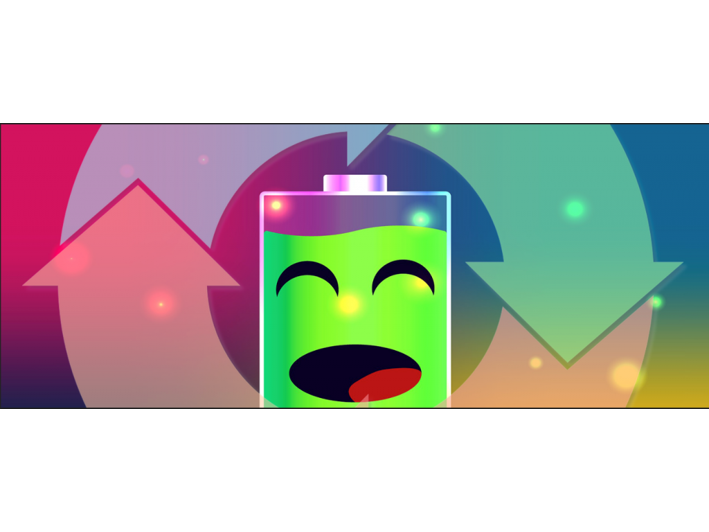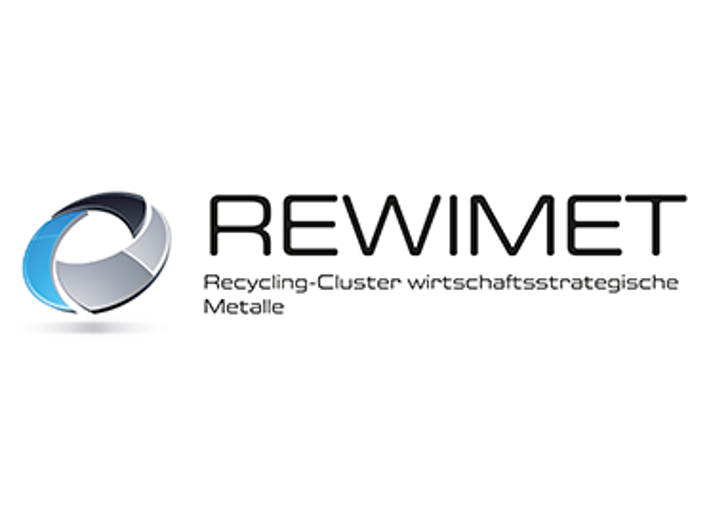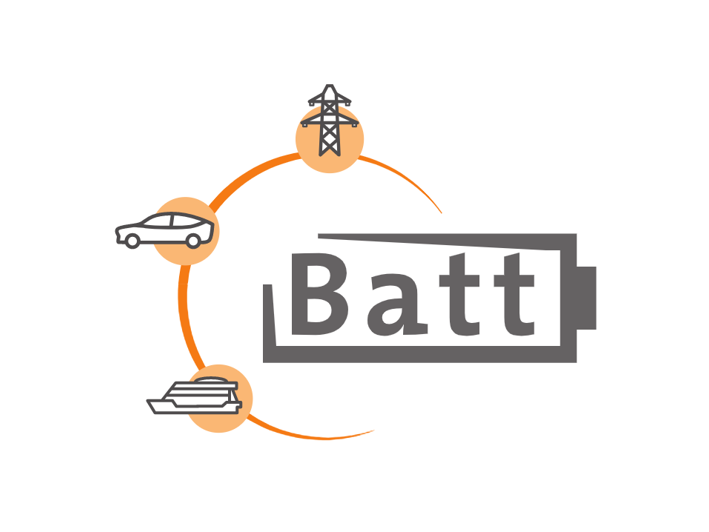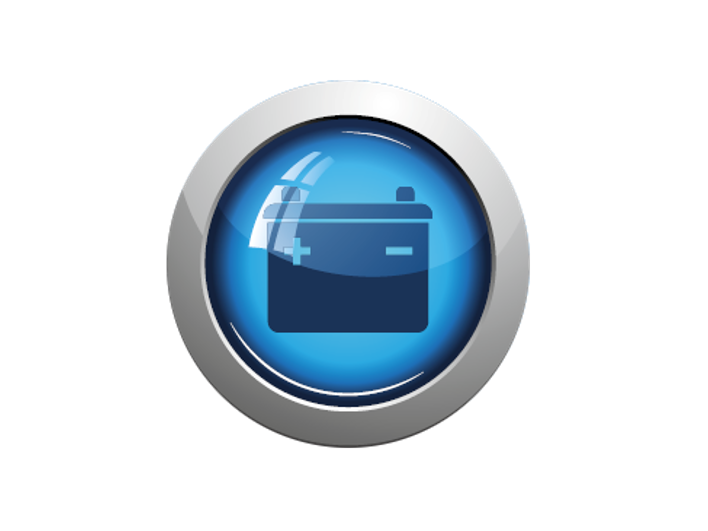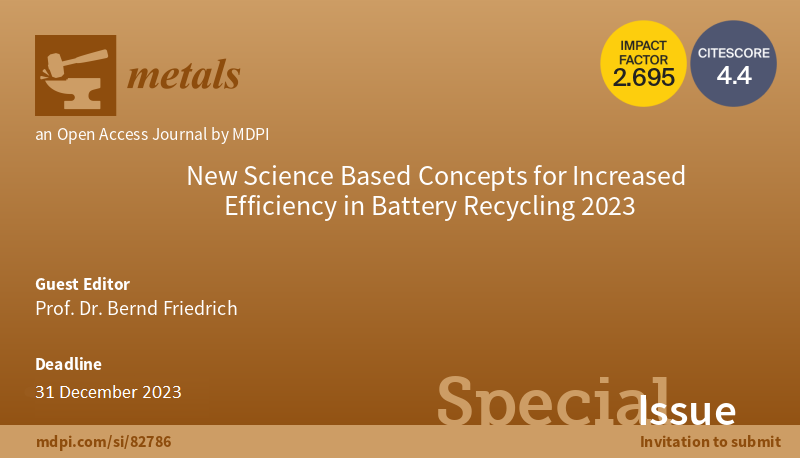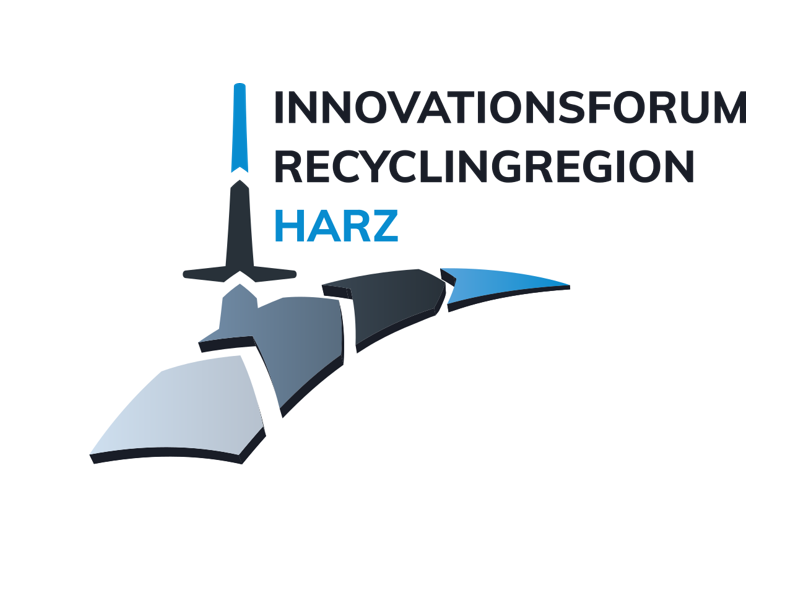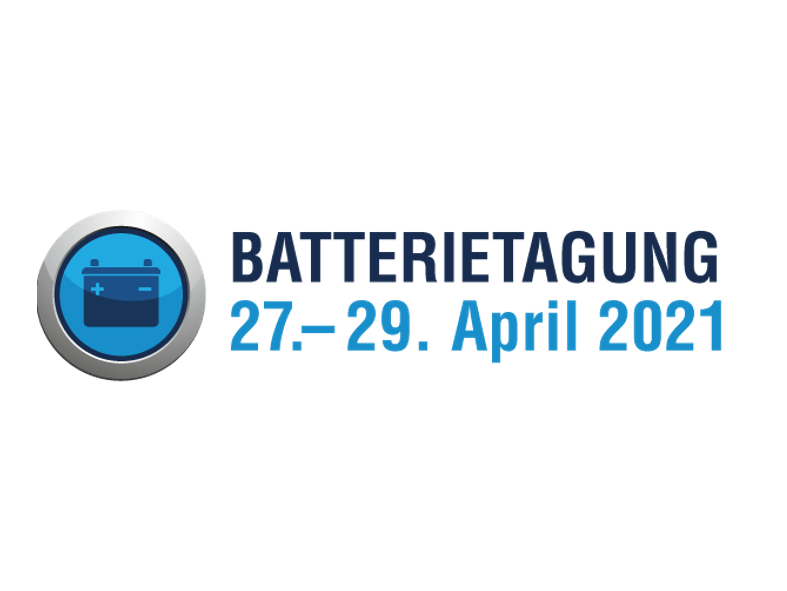ONLINE-SEMINAR Green Batteries Through Computational Life Cycle Engineering
Alexander Kaluza2022-04-06T14:35:07+02:00Join us for our online seminar on GREEN BATTERIES THROUGH COMPUTATIONAL LIFE CYCLE ENGINEERING (March 28th, 2022 from 9 am to 4:30 pm at Advanced Battery Conference). The seminar is organized by Felipe Cerdas and Alexander Kaluza and includes multiple battery experts from Battery Lab Factory (BLB) at Technische Universität Braunschweig.
The seminar provides an overview of the state of research regarding sustainability assessment along the life cycle of traction batteries. The method of computational life cycle engineering will be introduced and discussed and related to specific issues in the field of traction batteries and electromobility. The programme includes:
· Introduction to Life Cycle Assessment, Social Life Cycle Assessment and Life Cycle Engineering, in particular
· Overview of the state of the art in life cycle environmental assessment of traction batteries and battery electric vehicles (Raw materials and sustainable supply chains, Manufacturing of lithium-ion batteries, Use stage of electric vehicles and influence of electricity mix, Sustainable recycling pathways for lithium-ion batteries)
· Computational Life Cycle Engineering for traction batteries including an application example
· Consolidation of findings and discussion of pathways for further development of sustainable traction batteries.
Further information and registration: https://www.hdt.de/green-batteries-through-computational-life-cycle-engineering-1075https://lnkd.in/eMk8RZXv
